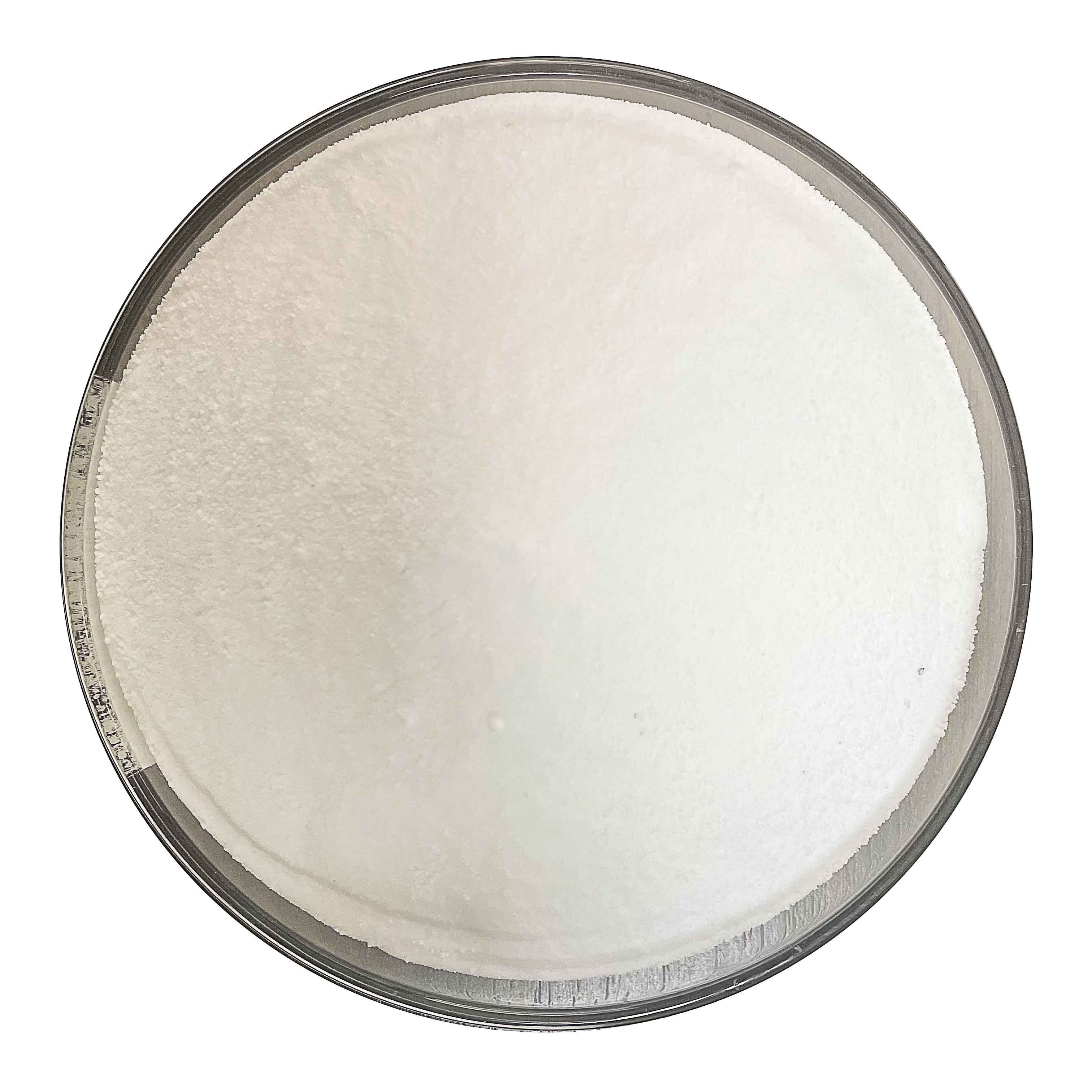
Sep . 28, 2024 15:11 Back to list
Top Organic Water Soluble Fertilizers for Healthy Plant Growth and Soil Enrichment
The Best Water-Soluble Organic Fertilizers A Guide for Sustainable Gardening
As gardeners and farmers increasingly seek sustainable practices, the demand for organic fertilizers has surged. Among various types of fertilizers, water-soluble organic fertilizers are particularly advantageous. They provide essential nutrients that are readily available for plant uptake, promote healthy growth, and are environmentally friendly. In this article, we will explore the benefits of water-soluble organic fertilizers, the best options available, and tips on how to use them effectively.
Benefits of Water-Soluble Organic Fertilizers
Water-soluble organic fertilizers offer numerous advantages for both home gardeners and large-scale agricultural operations.
1. Rapid Nutrient Availability One of the primary benefits of water-soluble fertilizers is their ability to dissolve quickly in water, making nutrients immediately available to plants. This is especially critical during the early stages of growth when plants require a quick supply of nutrients.
2. Enhanced Nutrient Absorption These fertilizers are easily absorbed through the roots and leaves of plants, ensuring that essential nutrients such as nitrogen, phosphorus, and potassium are utilized efficiently.
3. Environmentally Friendly Organic fertilizers are made from natural sources, reducing the risk of chemical runoff and promoting a healthier ecosystem. They enhance soil health by improving its structure and increasing its microbial activity.
4. Versatility Water-soluble organic fertilizers can be used for a wide range of plants, including vegetables, fruits, flowers, and ornamental plants. They can be applied through various methods, such as foliar spraying and soil drenching.
The Best Water-Soluble Organic Fertilizers
When it comes to selecting the best water-soluble organic fertilizers, there are several top contenders worth considering
1. Fish Emulsion Made from fish by-products, fish emulsion is rich in nitrogen and provides a quick nutrient boost. It is particularly effective for leafy greens and promotes healthy foliage growth.
2. Seaweed Extract Seaweed is known for its rich content of micronutrients and growth hormones. Seaweed extract helps improve plant resilience to stress, enhances root development, and stimulates overall growth.
best water soluble fertilizer organic

3. Compost Tea A nutrient-dense liquid made from steeping compost in water, compost tea is an excellent way to introduce beneficial microorganisms along with essential nutrients. It can be tailored to meet the specific needs of different plants.
4. Kelp Meal Similar to seaweed extract, kelp meal offers a potent source of micronutrients and is highly beneficial during the vegetative stage of plant growth. Its slow-release properties help sustain long-term fertility.
5. Organic All-Purpose Fertilizers Various brands offer premixed organic fertilizers that contain a balanced ratio of macronutrients and micronutrients. They are formulated for convenience and effectiveness, catering to a wide range of plant types.
How to Use Water-Soluble Organic Fertilizers
Using water-soluble organic fertilizers effectively involves a few key steps
1. Dilution Always follow the manufacturer's instructions for dilution rates. Over-fertilizing can harm plants, while insufficient application may not provide the desired results.
2. Application Timing Apply fertilizers during the growing season when plants are actively taking up nutrients. Early morning or late afternoon is often the best time to prevent leaf burn from the sun.
3. Frequency Regular applications may be necessary, usually every 2-4 weeks, depending on the nutrient needs of your plants and the specific fertilizer used.
4. Soil Testing Conduct soil tests to understand your garden's nutrient levels. This allows for more tailored applications and helps avoid nutrient imbalances.
Conclusion
Incorporating water-soluble organic fertilizers into your gardening routine is a sustainable way to promote healthy plant growth. By choosing the right products and applying them correctly, you can ensure a bountiful harvest while contributing positively to the environment. Whether you're a novice gardener or a seasoned farmer, embracing organic practices with water-soluble fertilizers can lead to flourishing plants and healthier soils.
-
Organic 10-10-10 Fertilizer | Balanced Plant Nutrients
NewsJul.31,2025
-
Premium Amino Acid Fertilizer | Rapid Plant Growth Booster
NewsJul.31,2025
-
10 10 10 Fertilizer Organic—Balanced NPK for All Plants
NewsJul.30,2025
-
Premium 10 10 10 Fertilizer Organic for Balanced Plant Growth
NewsJul.29,2025
-
Premium 10 10 10 Fertilizer Organic for Balanced Plant Growth
NewsJul.29,2025
-
Premium 10 10 10 Fertilizer Organic for Balanced Plant Growth
NewsJul.29,2025
